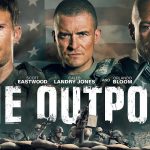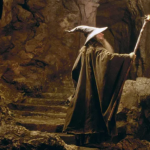🎬 Oblivion (2013): A Haunting Tale of Memory, Identity, and a World Forgotten
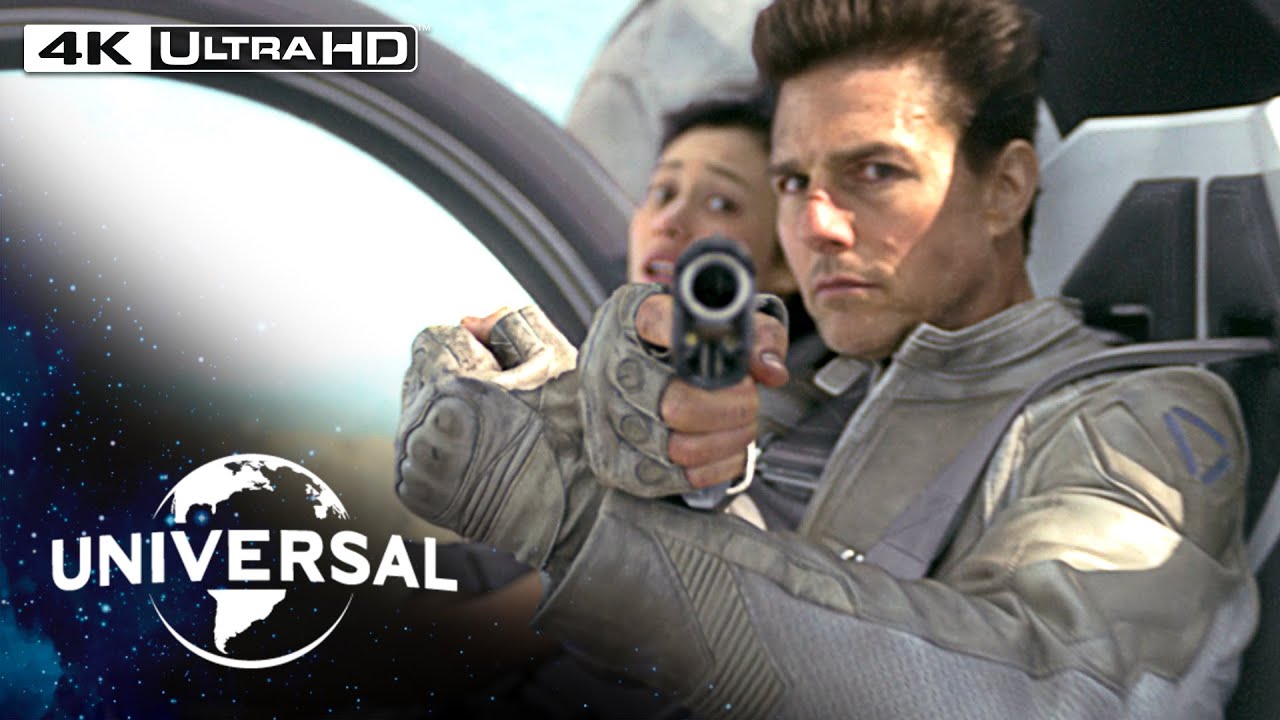
In Oblivion (2013), director Joseph Kosinski transports audiences to a breathtakingly desolate version of Earth, ravaged by war and abandoned by humanity. Starring Tom Cruise, Morgan Freeman, and Olga Kurylenko, this sci-fi thriller explores deep philosophical questions of identity and memory amidst a backdrop of stunning visual effects and heart-pounding action. But does Oblivion rise to the occasion, or does it fall into the pit of genre clichés?
Plot Overview:
Set in the year 2077, Oblivion introduces us to a post-apocalyptic Earth. Jack Harper (Tom Cruise) is one of the last drone repairmen stationed on the planet, tasked with maintaining technology used to extract vital resources for the surviving human colony on Titan, a moon of Saturn. Earth, devastated by a war with alien invaders known as Scavs, is now an inhospitable wasteland, littered with the remnants of its once-great civilization.
Jack, however, is haunted by memories of a life he doesn’t recognize. Strange dreams of a woman (Olga Kurylenko) in a pre-war world plague his thoughts. His only companion is his communications officer and lover, Victoria (Andrea Riseborough), who works with him in their isolated tower above the clouds. When Jack rescues a mysterious woman from a crashed spacecraft, everything he knows about the world, the war, and his very existence is called into question.
As Jack embarks on a quest to uncover the truth, he encounters Malcolm Beech (Morgan Freeman), the leader of a group of underground rebels. Together, they unravel a shocking conspiracy that changes everything Jack believed about humanity’s fate and his own identity.

Character Development and Themes:
At its core, Oblivion is a character-driven narrative wrapped in a visually stunning sci-fi world. Tom Cruise delivers a strong performance as Jack Harper, a man caught between duty and doubt, struggling to reconcile his past with the reality presented to him. The film explores themes of identity, memory, and the consequences of technological advancement.
The recurring motif of memory plays a central role in the story. Jack’s fragmented recollections of a world before the war serve as the key to unraveling the truth behind his existence. The idea of erasure—both of personal history and collective memory—is a powerful commentary on how much of our identity is tied to our past and how easily that can be manipulated.
Olga Kurylenko’s character, Julia, represents the human connection Jack has lost. Her presence forces him to confront the uncomfortable reality that his life may be built on lies, while Morgan Freeman’s Malcolm Beech provides the necessary exposition and gravitas to fuel the film’s central revelations.
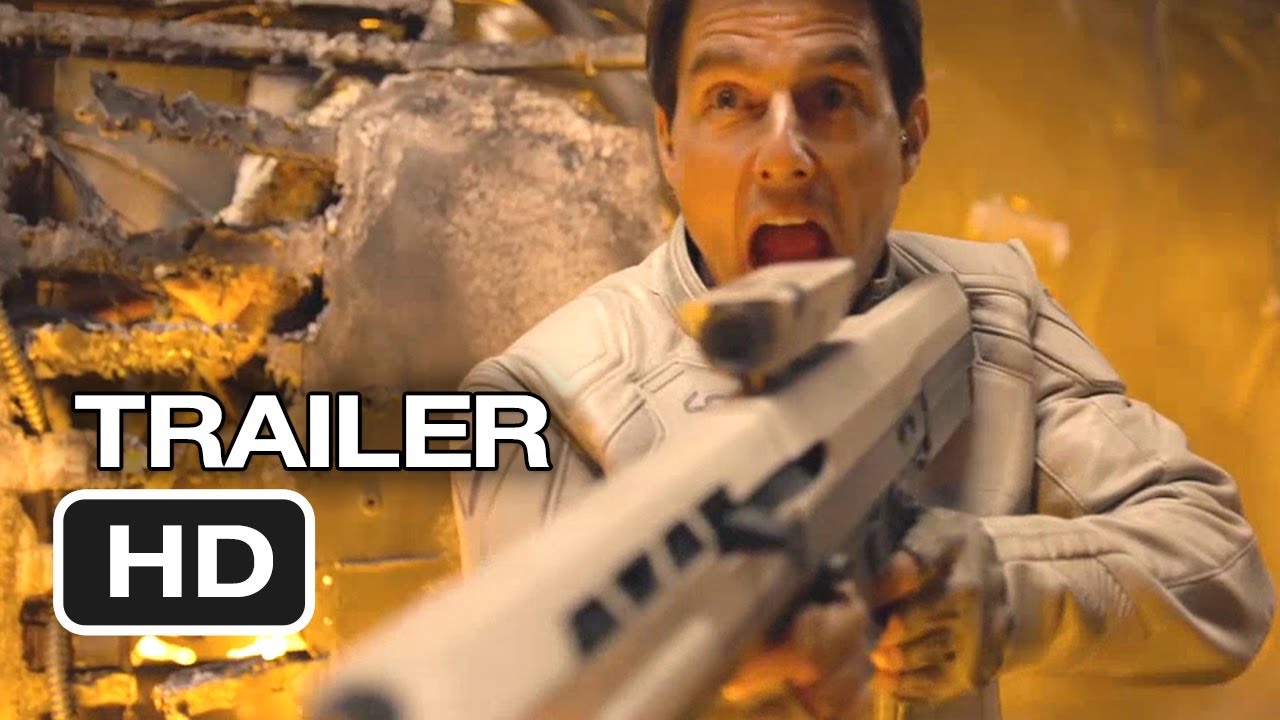
Visuals and Cinematic Style:
Visually, Oblivion is nothing short of spectacular. The film’s depiction of a ruined Earth, with its towering cityscapes buried beneath sand dunes and oceans, is both haunting and beautiful. The cinematography captures the vast emptiness of the planet while also conveying the lingering traces of human life. The isolated, minimalist tower where Jack and Victoria live contrasts sharply with the wasteland below, emphasizing the stark division between human survival and the abandoned world.
The design of the technology in Oblivion—from the drones Jack repairs to his sleek, futuristic aircraft—is sleek and immersive. Kosinski’s background in architecture is evident in the film’s production design, which feels meticulously crafted to reflect a future society that is both advanced and hollow.
The film’s score, composed by M83, complements the stunning visuals with an ethereal, haunting soundscape that elevates the emotional weight of the film.
Criticism:
While Oblivion succeeds in delivering an aesthetically rich and emotionally resonant experience, it isn’t without its flaws. The plot, while intriguing, can feel derivative at times, drawing on familiar sci-fi tropes from films like Moon and The Matrix. Some of the story’s twists are predictable, especially for seasoned fans of the genre.
Additionally, the film’s pacing may be slow for viewers seeking non-stop action. Oblivion is as much about introspection and atmosphere as it is about thrilling set pieces, which might not appeal to all audiences.
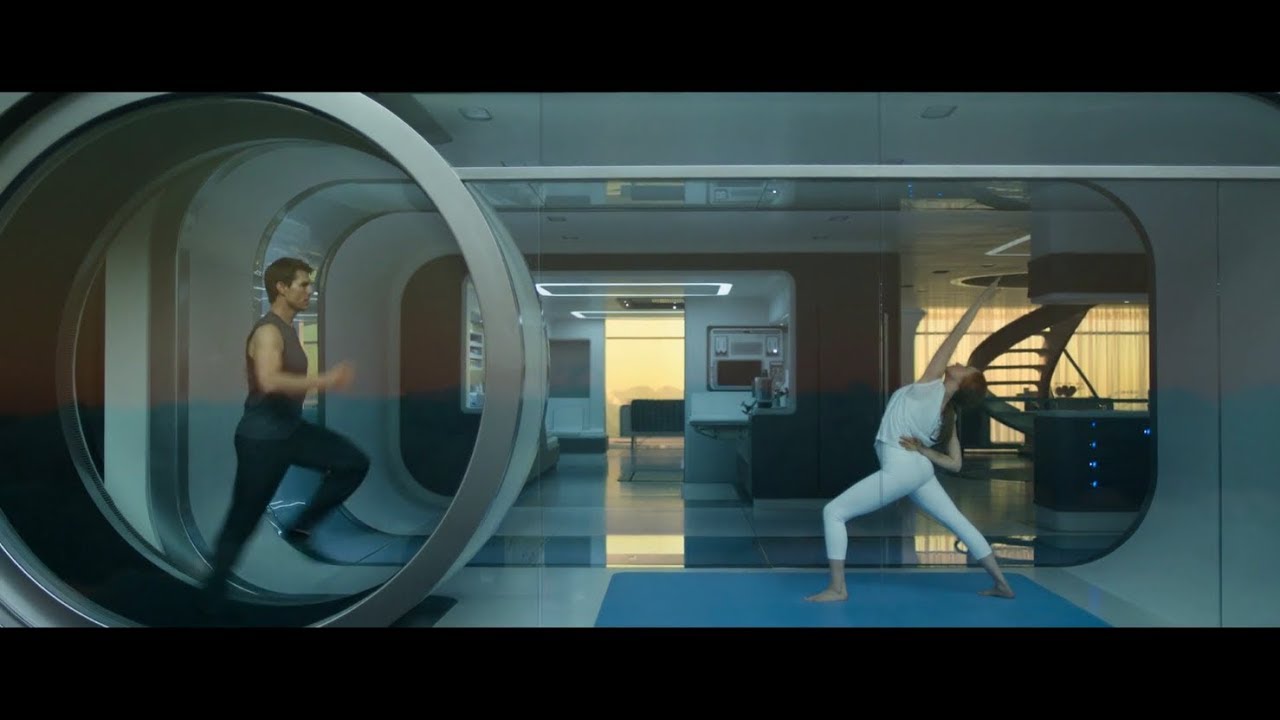
Final Thoughts:
Oblivion stands out as a visually arresting and thematically ambitious entry in the sci-fi genre. Its exploration of identity, memory, and the consequences of war elevate it beyond the typical post-apocalyptic fare. While it borrows elements from other sci-fi classics, it manages to carve out its own niche, thanks to Tom Cruise’s compelling performance and Joseph Kosinski’s visionary direction.
If you’re a fan of sci-fi that balances action with philosophical depth, Oblivion is worth a watch. It’s a film that lingers in your mind long after the credits roll, much like the memories that haunt its protagonist.
Movie Information:
- Title: Oblivion
- Director: Joseph Kosinski
- Starring: Tom Cruise, Morgan Freeman, Olga Kurylenko, Andrea Riseborough
- Genre: Sci-Fi, Action, Adventure
- Release Date: April 19, 2013
- Running Time: 124 minutes
- Rating: PG-13
- Plot Summary: In a post-apocalyptic future, drone repairman Jack Harper is one of the last humans on Earth. Haunted by memories of a life he doesn’t recognize, Jack’s world is turned upside down when he uncovers a shocking truth about his mission and the fate of humanity.
SUGGESTED VIDEO FOR YOU:
[Movie Review] The Return of the Bald Savior, Humanity’s Last Hope || Black Adam
[Movie Review] Survival War In The 333-Story Vertical Prison || The Platform 2



